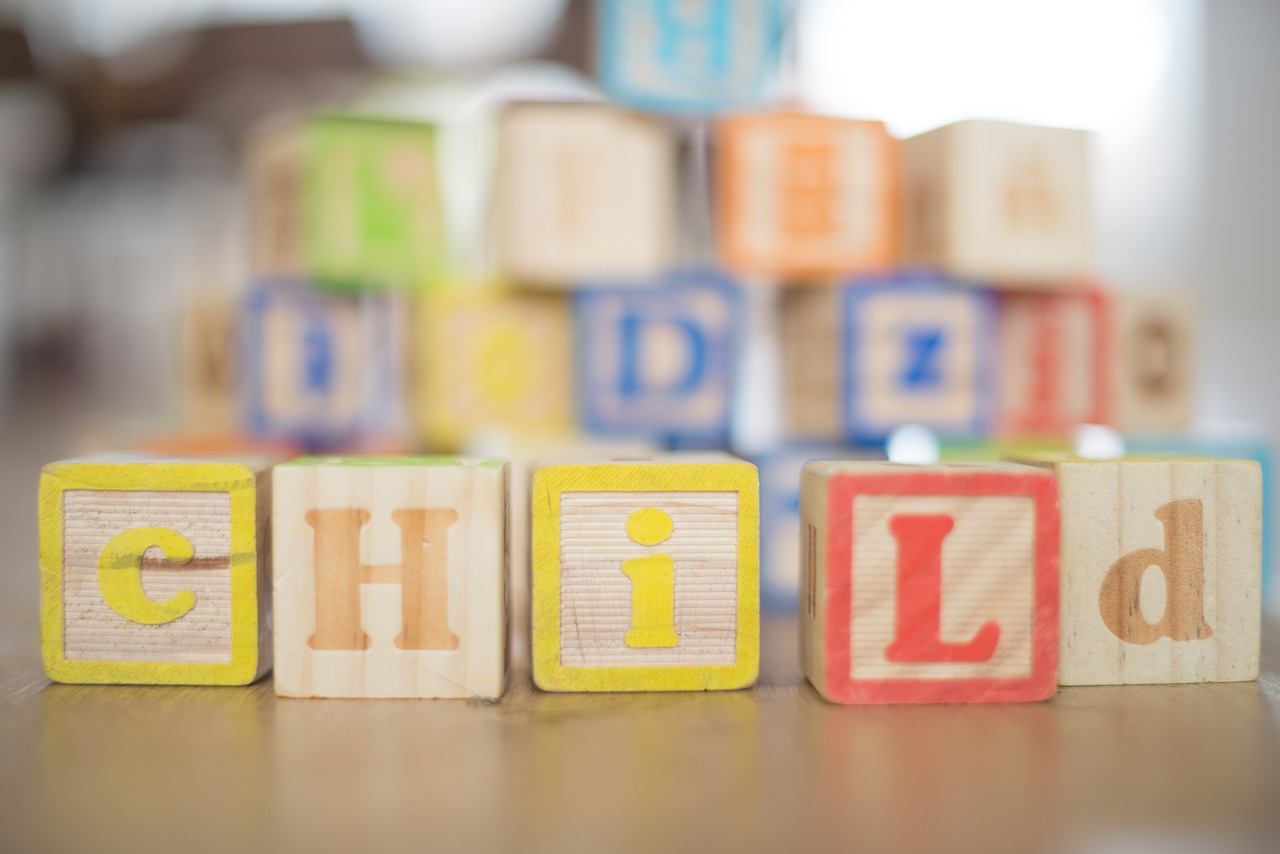Children are like sponges, constantly absorbing knowledge from their surroundings. Play is a vital aspect of a child’s development, and when it is combined with educational toys, it becomes a powerful tool for learning. In this article, we will explore the significance of educational toys and their impact on a child’s cognitive, social, and emotional growth.
The Role of Play in Childhood
Play is not merely a form of entertainment; it is the way children make sense of the world around them. Here are some key benefits of play in a child’s life:
1. Cognitive Development
Play enhances a child’s cognitive abilities. Whether it’s solving puzzles, building structures, or engaging in imaginative role-playing, children are constantly exercising their brains. Educational toys take this a step further by providing structured challenges that stimulate problem-solving skills and creativity.
2. Social Skills
Play encourages social interaction. When children engage in group activities or play with peers, they learn valuable social skills such as communication, cooperation, and conflict resolution. Educational toys with multiplayer options or cooperative games foster these skills effectively.
3. Emotional Well-being
Play is an outlet for emotions. It allows children to express themselves, explore their feelings, and learn to manage emotions like frustration or excitement. Educational toys often incorporate storytelling elements that help children understand and articulate their emotions.
Educational Toys: More Than Just Fun
Educational toys are specifically designed to facilitate learning while providing an enjoyable play experience. These toys come in various forms, from building blocks to interactive electronic gadgets, and they offer a wide range of educational benefits:
1. Problem Solving
Toys like puzzles and construction sets require children to think critically and solve problems. These activities boost their spatial awareness, logical thinking, and fine motor skills. For example, assembling a complex Lego set is not only fun but also a mini engineering challenge.
2. Language Development
Educational toys often incorporate language-rich components. Board games, for instance, encourage children to read instructions, follow rules, and engage in conversations with other players. Storytelling toys help expand a child’s vocabulary and foster a love for reading.
3. STEM Learning
Toys related to science, technology, engineering, and mathematics (STEM) are gaining popularity. These toys introduce children to basic scientific concepts and principles in a hands-on, playful manner. Building robots or conducting simple science experiments can spark a lifelong interest in STEM fields.
4. Creativity and Imagination
Toys that encourage imaginative play, such as dress-up costumes or art supplies, let children explore their creativity. When they immerse themselves in make-believe scenarios, they develop storytelling skills and learn to think outside the box.
Choosing the Right Educational Toys
Not all educational toys are created equal, and finding the right ones for your child is important. Consider these factors when making a selection:
1. Age-Appropriateness
Ensure the toy is suitable for your child’s age and developmental stage. Age recommendations are typically provided on the packaging to guide your choice.
2. Learning Goals
Identify the specific skills or knowledge you want your child to gain. Whether it’s early math concepts, problem-solving, or language skills, choose toys that align with these goals.
3. Safety
Prioritize safety by selecting toys made from non-toxic materials and those that do not have small parts that can pose a choking hazard.
4. Durability
Opt for toys that can withstand the wear and tear of play. Well-constructed educational toys can be enjoyed by multiple children and often have a longer lifespan.
Conclusion
Educational toys are a wonderful way to harness the power of play for a child’s educational growth. They offer a holistic approach to learning, addressing cognitive, social, and emotional development. By carefully choosing age-appropriate and skill-focused toys, parents and caregivers can provide their children with the tools they need to thrive in a fun and engaging manner.
